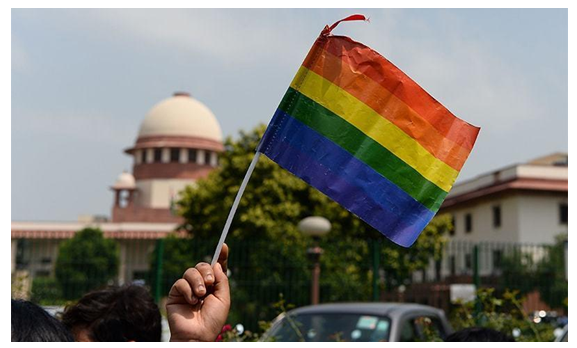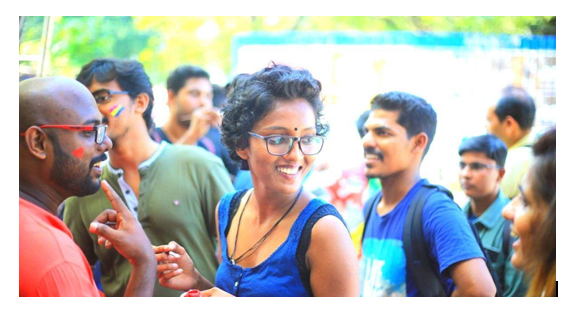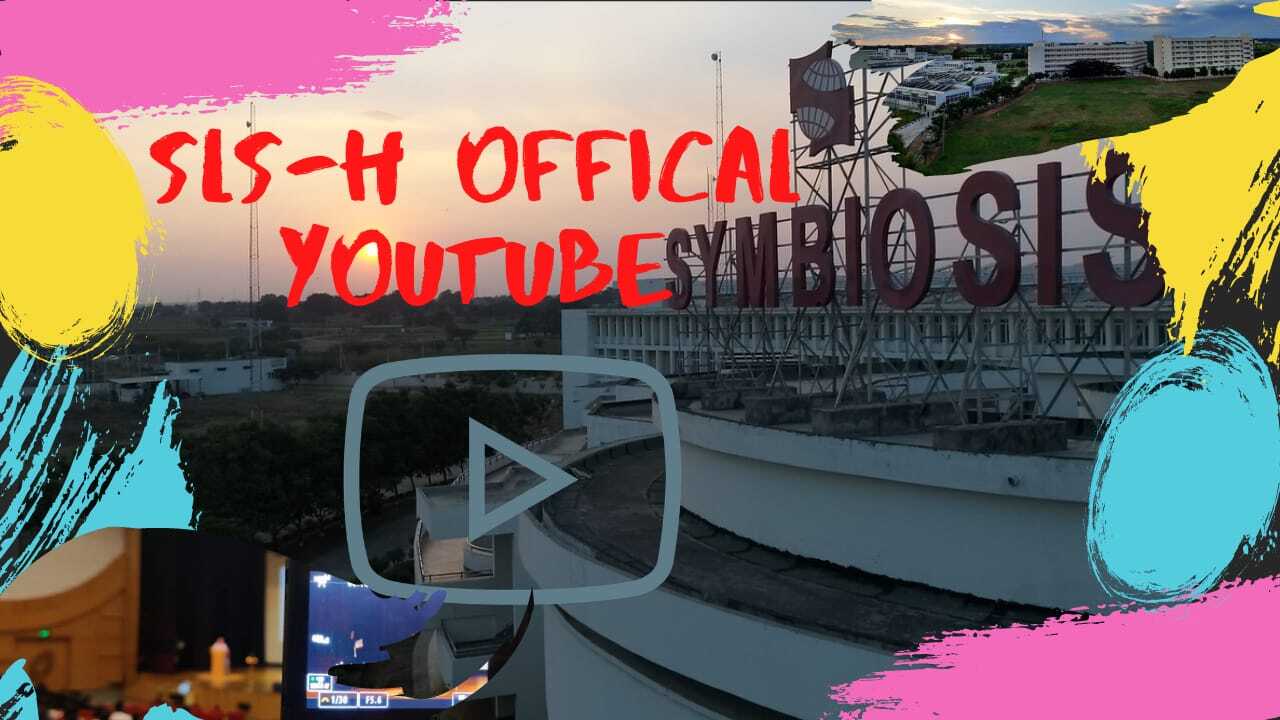
Socio-Legal Issues and the Queer Community in India
Brief Description of the Blog –
The queer community finally have their rights protected by law in India. However, even in the 21st century, many members of the cis, straight society still look at the queer community as abominations.
“A person’s sexual orientation is intrinsic to their being. A classification which discriminates between persons based on their innate nature would be violative of their fundamental rights.”
-Justice Indu Malhotra
Introduction
The concept of human rights is based on the fundamental principle that every human being is equal. Consequently, all human beings have dignity and all human beings should be viewed as equal. Something that damages that integrity is an infringement because it contradicts the equality principle and paves the way for discrimination. Although it took 73 years for Indian authorities and society to acknowledge the third gender, the Indian mythology and scriptures mention several characters who defied this gender-binary normalcy.
In India, there has been a long-standing tradition of transgender individuals coming to weddings or a child’s birth to offer blessings. In fact, they are given hefty amounts of money and a lot of ceremonial gifts because their stature is considered similar to God itself, and hence, their blessings are believed to be quiet pure and effective.
If we talk about the first transgender in combat, we have a mythological example of Shikhandi in Mahabharata’s legend. Shikhandi was the eldest girl child of the King of Panchala – Drupad and elder sibling to Dhrishtadhyumna and Draupadi. According to mythology, Shikhandi was born as Shikhandini, and was raised as a son. She was believed to be the reincarnation of Amba who wanted to avenge Bhishma.
One such tale which is famous in Indian mythology is of Mohini who was the female incarnation of Lord Vishnu. The Bhagavat Purana has a reference to the story of the enchantress, Mohini. According to many epics, Mohini and Shiva later gave birth to their son Ayyappa.
In Sanskrit grammar, there is usage of pronouns for a “third-gender”. Why is it, that after all these years of proof with respect to culture and tradition, transgenders in India are treated with contempt, having to provide physical proofs of their “transgender qualities” in front of “qualified authorities”?
If there is proof of the existence of trans beings in our culture, they should not be treated as anything less than cis people who grace our society.
Decriminalisation of Homosexual relationship.
Prior to the 2018 judgment by the Supreme Court of India, homosexual relationships were considered as criminal offences under Section 377 of the Indian Penal Code. This criminalized the identities of many queer people – both closeted and out, until September 6 of 2018. In the landmark five-judge bench judgment of Navtej Singh Johar vs. Union of India, it decriminalized consensual homosexual relationships between two legal adults. However, bestiality still continues to be a criminal offense, as it should.
Rights of Queer Individuals
Article 15 of the Constitution of India forbids discrimination against any person on grounds of religion, ethnicity, caste, sex and birth place. Justice Indu Malhotra observed that the word ‘sex’ includes not only the biological attributes but also the sexual preference, identity and sexual actions of an individual’s personal nature and any discrimination based on intrinsic choices that result in a violation of an individual’s right to privacy. It is this important systematic study of the word ‘sex’ that ensures that the LGBTQ community has the right to human freedoms and other civil rights in India.[1] As a result of this landmark judgement, Article 15 of the Indian Constitution enables the queer community access to services regarding public welfare, as well as programs funded by the state that included medical and health services which the queer community were deprived of until now.
Mental Health and Conversion Therapy

Anjana Harish was 21 years of age when she took her own life. While in the beginning, it was brushed off as another case of suicide, whispers began as it was revealed that she was sent to conversion therapy after coming out to her parents as bisexual in 2019. On 13th March, few days before the lockdown began, on a Facebook post, this young individual recounted the horrors she suffered through the entire ordeal
She was sent to Coimbatore where doctors forcefully held her under sedatives and even beat her with an instrument on the head. She was plagued by ‘hallucinating schizophrenics’ in a ‘de-addiction and mental health unit’ in Palakkad. Her family reportedly left no stone unturned to force her into ‘conversion therapy’—a aggressive, cruel, and pseudo-scientific effort to ‘heal’ or ‘alter’ the sexual identity of individuals to the heteronormative norm.[2]
She is one of the many individuals who are forced to go through this kind of ordeal just because of their sexual identities. These ‘conversion therapies’ have no scientific backing and are extremely detrimental to the mental wellbeing of queer individuals. Anjana was one of the many who succumbed to the aftermath of these conversion therapies – anxiety, depression, eating disorders, and so on. These conversion therapies try to steal a core identity of a queer individual – their queerness that they hold dear to them because they fought for it. To come out of the closet takes a lot of courage, and these ‘conversion therapies’ strive to crush the very spirit of the community.
Is conversion therapy legal?
The 2017 Mental HealthCare Act refrains mental health providers from discrimination against patients based on sexual identity and gender. No law outright bans conversion therapy, but it remains a direct breach of the Act.
With the changing times, laws in India too, need to change. It needs to be inclusive of personal laws of the LGBTQ+ community (like marriage and adoption). It needs to criminalise conversion therapy and hold both practitioners and the ones who send the individuals there, responsible. The decriminalization of Article 377 brought us one step closer to being a more inclusive society, which breaks the heteronormativity of the structure and rebuilds it with love and acceptance.
Submitted by
Medha Mukherkjee
2nd Year
[1]“Decriminalization of Section 377: A step towards an Inclusive Society”, Young Bhartiya, authored by Sarasvati Nagesh.
[2]Anjana Harish’s Suicide Shows Why India Must End Practice of ‘Conversion Therapy’, The Better India, authored by Rinchen Norbu Wangchuk

